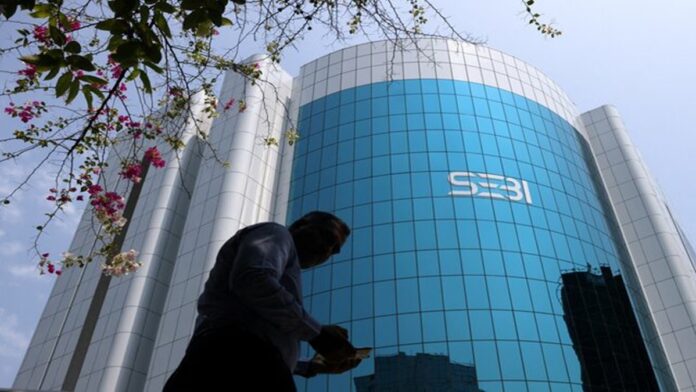Entities under Atul and Rahul Kirloskar’s control – Kirloskar Oil Engines (KOEL), Kirloskar Industries (KIL), Kirloskar Pneumatic (KPCL), and Kirloskar Ferrous (KFL) – are gearing up for a legal battle against a Securities and Exchange Board of India (SEBI) directive. The order requires these companies to disclose a 2009 family settlement agreement signed among Kirloskar family members in their personal capacities.
Also ReadFood companies in APAC focusing on healthy foods as consumers ready to spend more, says GlobalData
On December 30, SEBI issued letters to the four listed companies, citing their failure to disclose the “Deed of Family Settlement” (DFS) under Regulation 30 of the SEBI Listing Obligations and Disclosure Requirements (LODR). SEBI advised that the DFS, dated September 11, 2009, should be made public.
The companies responded sharply, arguing that SEBI’s directive contained factual inaccuracies and overlooked established principles of contract, corporate, and company law. They maintained that the DFS did not impose any obligations or restrictions on the companies, nor was it binding on them. They also emphasised that the matter has been sub-judice, with a Civil Court examining the DFS’s enforceability since 2018.
The dispute centres on the DFS, which delineated separate business lines and companies for different Kirloskar family members. Sanjay Kirloskar of Kirloskar Brothers (KBL) disclosed the DFS in 2023, citing SEBI’s LODR rules, which require promoters to disclose agreements affecting management control. Under the 2009 agreement, Sanjay Kirloskar retained control of KBL, while Atul and Rahul Kirloskar took over KOEL, KIL, KFL, and KPCL. The DFS also included a non-compete clause prohibiting family members and their companies from engaging in rival businesses.
Also ReadFrom Aerospace to Space: How Rossell Techsys Ltd. Is shaping the future of innovation
Legal tensions escalated as SEBI’s directive coincided with ongoing court cases between the cousins, including disputes over alleged violations of the DFS’s non-compete provisions.
» Read More


